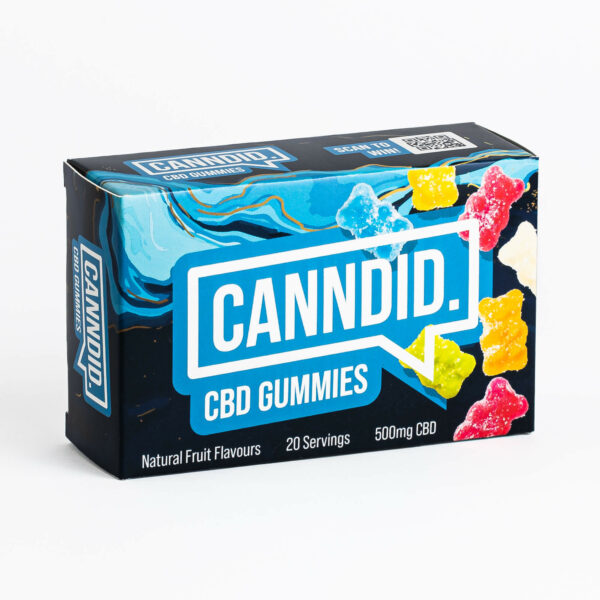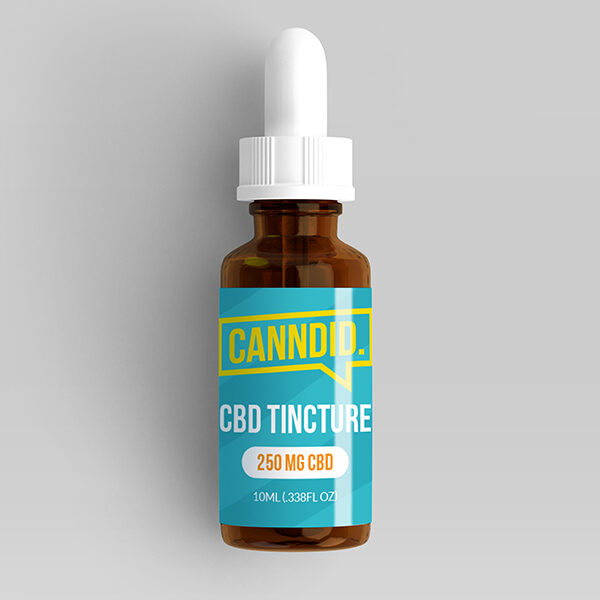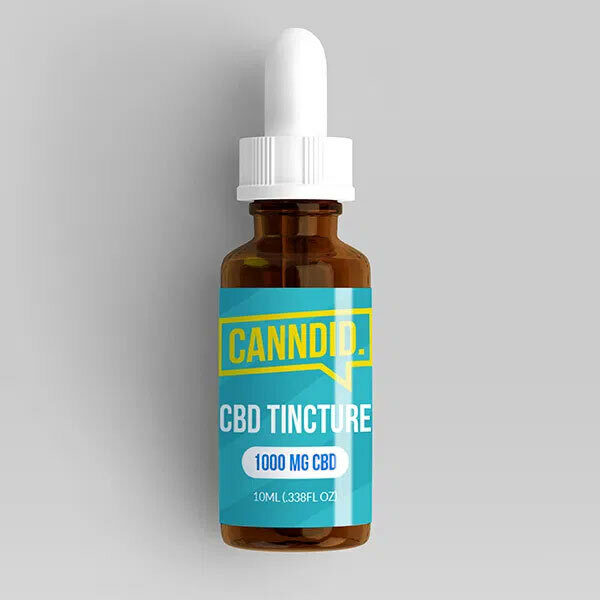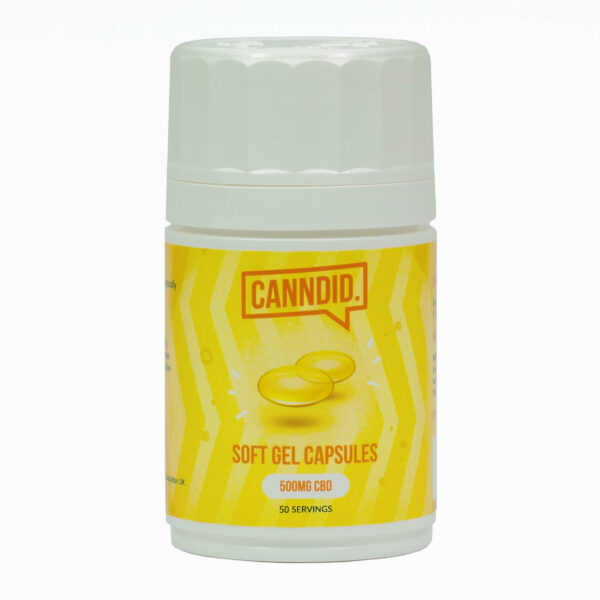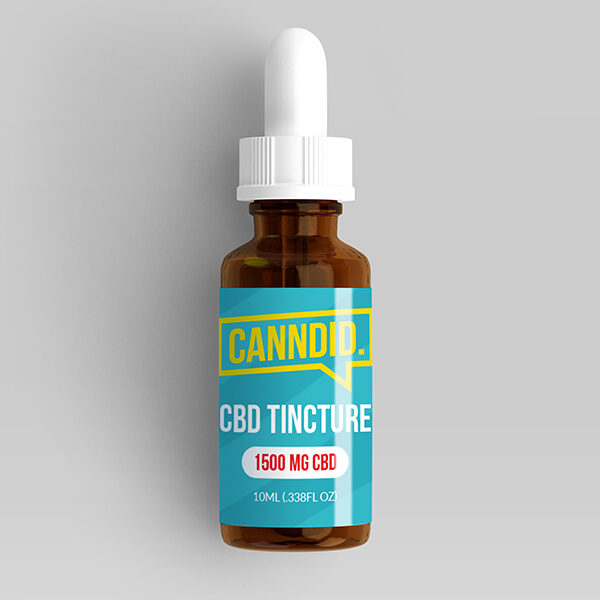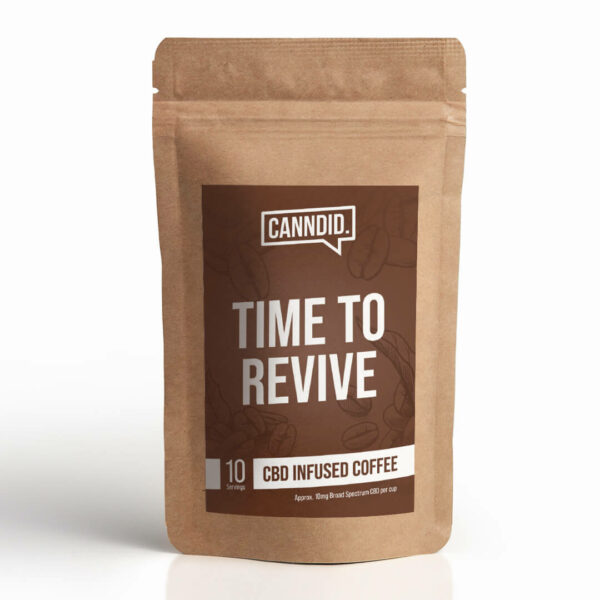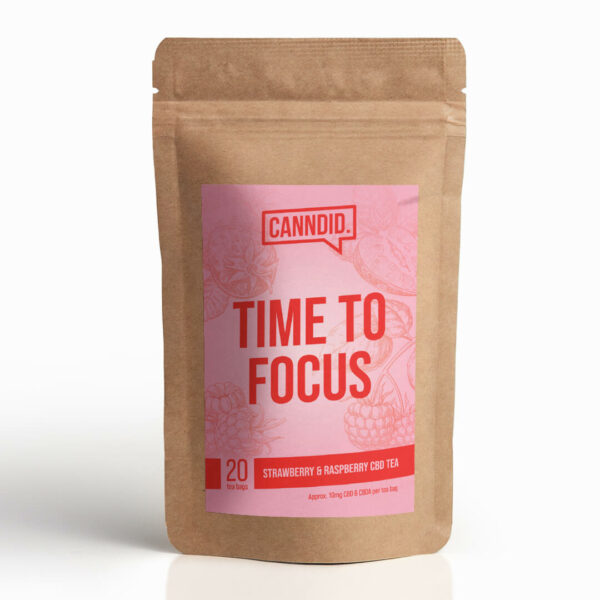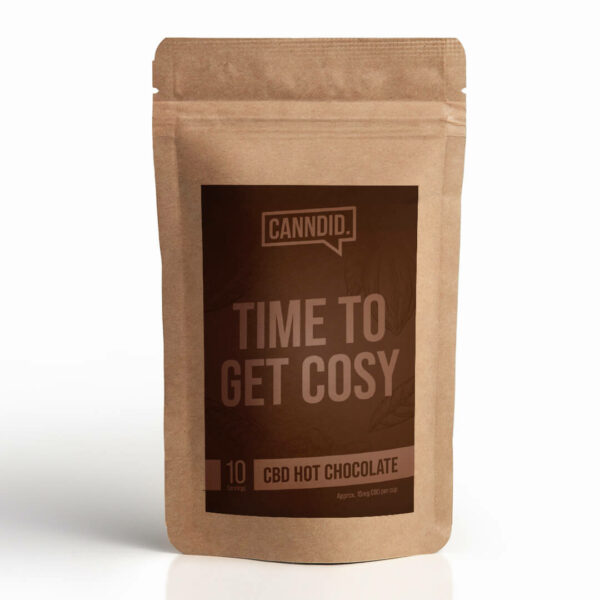Lesser Known Cannabinoids Found In Cannabis And Their Effects
THC and CBD have been huge buzzwords recently not only in the cannabis industry, but across the wellness industry and beauty world. You cant swing a cat without hitting a CBD latte, CBD mascara, hell you can even get CBD hummus.
-
Canndid, CBD Edibles, CBD Gummies, CBD Gummy Bears
Canndid – CBD Gummies (Vegan Friendly) (BUY 1 GET 1 FREE)
£12.50 (Incl. of VAT)Select optionsQuick View -
Canndid, CBD Oil, CBD Oil, CBD Products, CBD Tincture
Canndid – CBD Tincture 250mg (BUY 1 GET 1 FREE)
£16.66 (Incl. of VAT)Add to basketQuick View -
Canndid, CBD Oil, CBD Oil, CBD Products, CBD Tincture
Canndid – CBD Tincture 1000mg (BUY 1 GET 1 FREE)
£24.96 (Incl. of VAT)Add to basketQuick View -
Canndid, CBD Capsules, CBD Edibles, CBD Oil
Canndid – CBD Capsules (BUY 1 GET 1 FREE)
£20.83 – £24.99 (Incl. of VAT)Select optionsQuick View
But did you know that there are actually a whopping 113 cannabinoids found in cannabis? And those are only the ones we definitely know about. So beyond THC and CBD, what else is there? Were going to take a look at two of the more underappreciated cannabinoids, and what they can do.
Firstly, we should start off by debunking a few cannabinoid myths:
Common Myths About Cannabinoids
THC and CBD arent actually present in cannabis, but the acidic forms of these compounds are (THCA, and CBDA).
THC and CBD, along with all of the other cannabinoids as we know them are produced by heating or “decarboxylating†dry herb, which converts the “A†(meaning “acidâ€) part of the molecule into a new compound.
So CBDA becomes CBD, CBGA becomes CBG, THCVA becomes THCV, you get the gist.
This is also the reason that you cant get “high†from eating raw cannabis, because THCA is not psychoactive, it is only when it is heated and becomes THC that it has an intoxicating effect.
Out of the 113 known cannabinoids, THC is the only one that has a definite intoxicating, psychoactive effect.
While THCV might also be intoxicating (well get into that later), THCV does not usually have a high enough quantity in cannabis to produce a significant effect on its own.
While other cannabinoids dont have intoxicating effects themselves, they do affect how you react to THC.
CBD is the most obvious example of this, as although CBD wont get you high directly, it influences how the CB rectors in the human endocannabinoid system interact with THC.
This is known as the “entourage effectâ€, which is a fancy scientific way of saying the cannabinoids work together as a team, and youll get different effects depending on how the different cannabinoids react together.
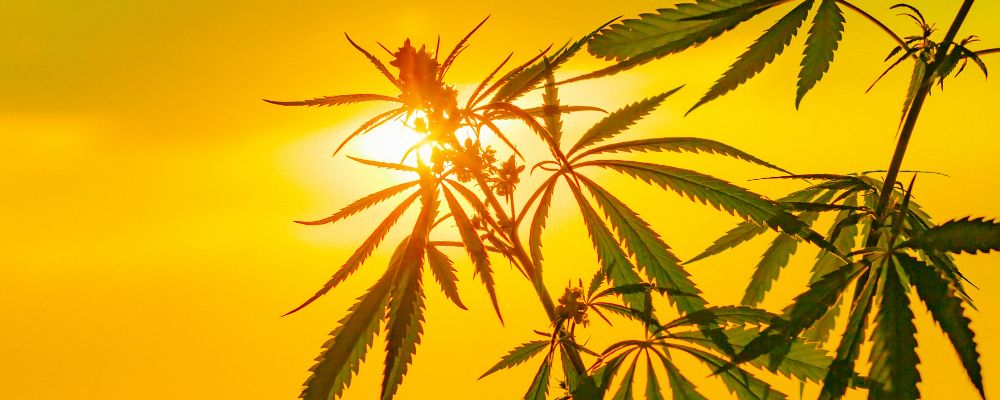
Cannabigerol – CBG
Cannabigerol (CBG), which starts out as Cannabigerolic Acid, is the chemical precursor to CBD, THC, and lots of other cannabinoids.
Basically, most of the cannabigerol in a cannabis plant turns into other cannabinoids over time, leaving around 1% cannabigerol in the adult plant, with larger amounts found in younger plants.
CBG increases levels of dopamine in the brain, which can help to regulate sleep, appetite, and mood.
While there is currently no research on how CBG interacts with the human body on it own, there are studies with animals to show its potential pharmaceutical benefits.
A study with rodents showed that CBG had potential to decrease the inflammation that comes with inflammatory bowel disease, while a 2015 study showed that CBG could protect neurons in mice with Huntingtons disease, which causes nerve cell degeneration in the brain.
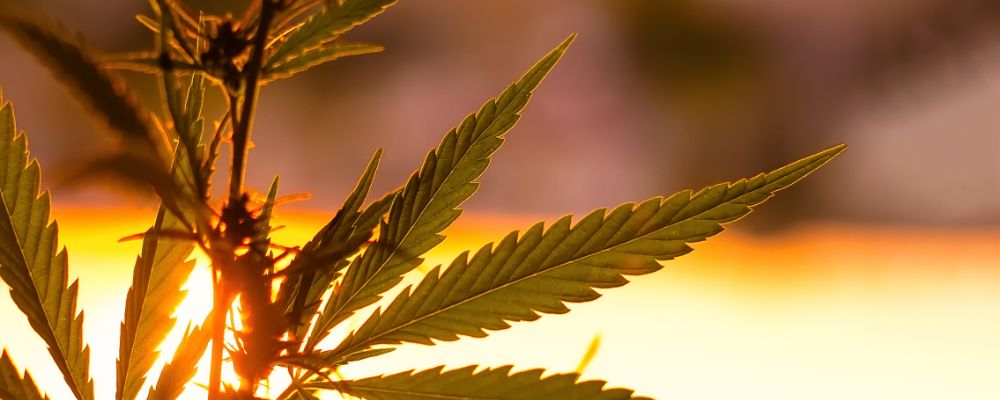
Tetrahydrocannabivarin – THCV
*Deep breath* Tetrahydrocannabivarin (or THCV, as were going to call it) has gotten increasing attention as the new cannabinoid to watch out for, thanks to its host of possible benefits.
When it comes to cannabis, THCV is a particularly interesting molecule, because it changes its behaviour in different concentrations. In lower quantities, THCV acts as a CB1 antagonist, much like CBD does.
This means that it stops the CB1 receptor interacting with THC as much, which means you dont get “highâ€.
In higher concentrations, THCV becomes a CB1 agonist, which means it enhances the activity of CB1 rather than blocking it. This results in a subtle, stimulating high which is said to be clear-headed and not as drawn out as a THC high.
However, youd need to be using THCV as an isolated compound, which is quite tricky given that this compound is still relatively “new†to most people attention.
When used together, THCV can also counter-effect the feeling of paranoia that can come with THC. According to the British Journal of Pharmacology, THCV also has anti-inflammatory and analgesic properties.
-
Canndid, CBD Edibles, CBD Gummies, CBD Gummy Bears
Canndid – CBD Gummies (Vegan Friendly) (BUY 1 GET 1 FREE)
£12.50 (Incl. of VAT)Select optionsQuick View -
Canndid, CBD Oil, CBD Oil, CBD Products, CBD Tincture
Canndid – CBD Tincture 250mg (BUY 1 GET 1 FREE)
£16.66 (Incl. of VAT)Add to basketQuick View -
Canndid, CBD Oil, CBD Oil, CBD Products, CBD Tincture
Canndid – CBD Tincture 1000mg (BUY 1 GET 1 FREE)
£24.96 (Incl. of VAT)Add to basketQuick View -
Canndid, CBD Capsules, CBD Edibles, CBD Oil
Canndid – CBD Capsules (BUY 1 GET 1 FREE)
£20.83 – £24.99 (Incl. of VAT)Select optionsQuick View -
Canndid, CBD Oil, CBD Oil, CBD Tincture
Canndid – CBD Tincture 1500mg (BUY 1 GET 1 FREE)
£41.66 (Incl. of VAT)Add to basketQuick View -
Canndid, CBD Coffee, CBD Drinks
Canndid – CBD Infused Coffee (BUY 1 GET 1 FREE)
£14.58 (Incl. of VAT)Add to basketQuick View -
Canndid, CBD Drinks, CBD Tea
Canndid – Strawberry & Raspberry CBD Tea Bags (BUY 1 GET 1 FREE)
£14.58 (Incl. of VAT)Add to basketQuick View -
Canndid, CBD Chocolate, CBD Drinks
Canndid – CBD Hot Chocolate (BUY 1 GET 1 FREE)
£15.79 (Incl. of VAT)Add to basketQuick View
The post What Other Cannabinoids Are Found In Cannabis? first appeared on CBD Village UK.

